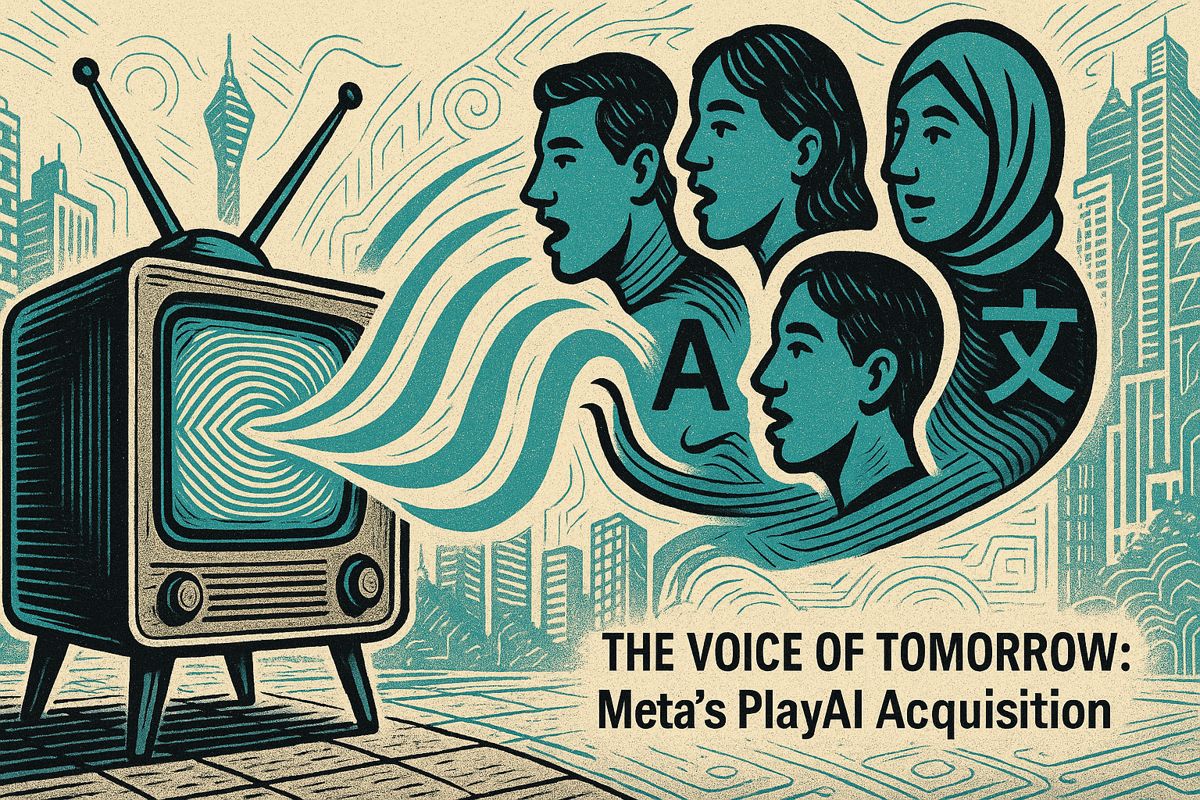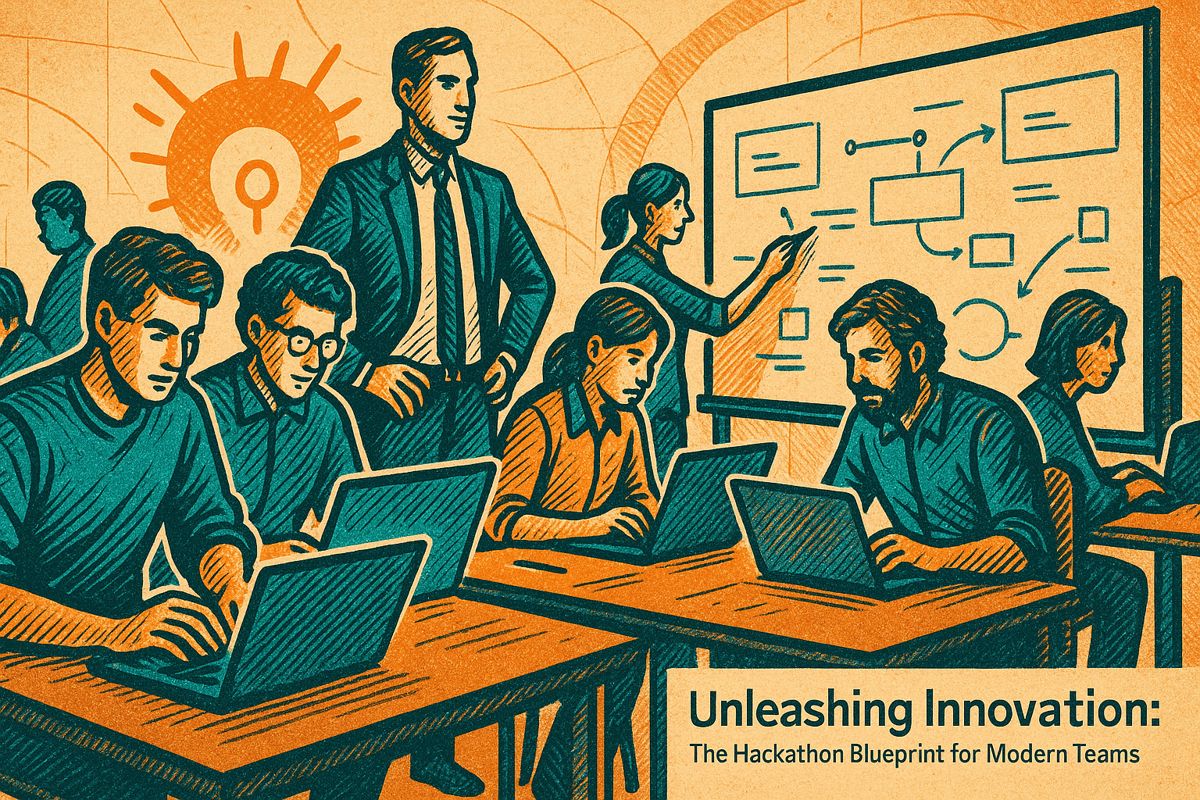Anthropic keeps top AI talent by focusing on a strong, ethical company culture instead of huge salaries. They use special interviews to find people who care deeply about safety, ethics, and teamwork. Engineers join Anthropic even though other companies offer more money, because they value autonomy and the chance to do good work. Their unique culture helps them keep more engineers than big names like Google, Meta, or OpenAI. Other companies are starting to copy Anthropic’s focus on mission and values, but Anthropic’s approach is still the most successful so far.
How does Anthropic achieve industry-leading AI talent retention without relying on high compensation?
Anthropic leads AI talent retention by prioritizing mission-driven culture, ethical alignment, and engineer autonomy over large compensation packages. Their unique approach includes rigorous culture interviews, a zero-tolerance policy for risky development, open research practices, and continuous feedback, resulting in higher retention rates than major competitors.
- Anthropic Quietly Rewrote the Rules of AI Talent Retention*
While headlines obsess over trillion-parameter models, an 80-person research outfit has lapped Google, Meta, and OpenAI on the metric that actually keeps the lights on: keeping brilliant people from walking out.
The Numbers Nobody Ignores
Internal Human Capital dashboards circulated across Silicon Valley in Q2 2025 reveal a widening retention gap:
| Company | 2-Year Retention Rate | Typical Counter-Offer Size |
|---|---|---|
| Anthropic | 80% | Mission + autonomy |
| DeepMind | 78% | $3-5 M equity refresh |
| OpenAI | 67% | $7-12 M retention grant |
| Meta AI | 64% | Up to $20 M package |
source: SignalFire 2025 State of Tech Talent Report
The Interview That Matters More Than Leetcode
Every final-round candidate, from staff engineer to go-to-market analyst, faces the same universal “culture interview”. The questions look deceptively simple:
- “Tell me about a time you disagreed with leadership on safety priorities.”
- “Describe a project you killed because the ethical trade-offs were unacceptable.”
- “What would make you leave Anthropic tomorrow?”
There are no right answers – there are disqualifying ones. Recruiters track how often a candidate’s stated values contradict their past decisions, and the false-positive rate sits below 4%, according to leaked internal analytics.
Why Engineers Walk from Million-Dollar Offers to Anthropic
Recent exit data crunched by Fortune shows:
- OpenAI → Anthropic moves happen 8× more often than the reverse
- DeepMind → Anthropic happens 11× more often
- Meta’s reported $100 M signing bonuses are declined 62% of the time when Anthropic extends an offer
engineers cite the same three reasons:
-
Zero tolerance for “move fast and break things”
All code reviews require a second engineer to sign off on safety implications – even for internal prototypes. -
Publications over patents
Research outputs must be reproducible and reproducible ethically . Internal Slack logs show Dario Amodei rejecting a patent filing that would have limited external safety audits. -
Autonomy baked into OKRs
Teams set their own north-star metrics tied to interpretability benchmarks, not quarterly revenue.
The Sustainability Question
Rivals now poach Anthropic’s playbook: Google DeepMind quietly rolled out a mandatory “ethical alignment round” in March 2025. Meta AI rewrote its compensation philosophy to weight “mission contribution” at 20% of total bonus. Yet the copycats miss the hard part – Anthropic’s culture interview isn’t a gate, it’s a continuous ritual.
New hires receive a quarterly “culture pulse” survey where any score below 8/10 triggers an immediate one-on-one with leadership. The company’s 88% tech-role acceptance rate and 95% go-to-market acceptance rate (both far above industry average) suggest the loop works – for now.
How does Anthropic’s 80% retention rate compare with the rest of the AI industry?
The numbers speak for themselves. According to the latest industry data:
| Company | Two-Year Retention Rate |
|---|---|
| Anthropic | 80% |
| Google DeepMind | 78% |
| OpenAI | 67% |
| Meta | 64% |
These figures reveal that Anthropic isn’t just slightly ahead – it’s defying the conventional wisdom that top AI talent will inevitably follow the highest bidder. Engineers leaving OpenAI are 8 times more likely to join Anthropic, while those departing DeepMind show an 11 times higher preference for Anthropic over other destinations.
What makes Anthropic’s behavioral interviews different from typical tech interviews?
While most tech giants focus heavily on whiteboard challenges and algorithm tests, Anthropic introduces a crucial twist: every candidate faces a universal “culture interview” regardless of their technical role. These behavioral sessions probe:
- Past ethical dilemmas: How candidates navigated situations where innovation clashed with responsibility
- Mission resonance: Personal stories explaining why AI safety matters to them
- Interpretability thinking: Creative approaches to making AI systems understandable and controllable
This approach has yielded remarkable results – 95% of candidates offered go-to-market roles accept, while 88% accept technical positions, far exceeding industry averages.
Can a mission-driven culture really compete with $100 million offers?
The evidence suggests yes. Despite Meta reportedly offering signing bonuses up to $100 million to Anthropic employees, retention remains strong. CEO Dario Amodei’s philosophy is straightforward: “Purpose trumps pay.” Employees cite shared values and mission alignment as primary reasons for declining external offers, even when those offers dramatically increase their compensation.
What specific practices help maintain this culture as the company scales?
Anthropic’s playbook includes several concrete strategies:
- Real-time classifiers and abuse prevention implemented by safety-focused teams
- Transparent reporting on AI misuse cases, including cyberattack attempts
- Free educational courses that extend their safety-first approach beyond company walls
- External advisory boards providing ongoing ethical oversight
However, this intense focus creates its own challenges – the same culture that drives innovation also presents burnout risks that the company must carefully manage as it grows.
Is this approach influencing the broader AI industry?
The ripple effects are already visible. Competitors like Google DeepMind are increasing their cultural focus, while Meta has launched new engagement programs to address retention gaps. Industry-wide, there’s been a measurable shift toward values-based recruitment and employee-centric policies – a direct response to Anthropic’s demonstration that culture can outperform compensation in the talent wars.
The implications extend beyond individual companies. Anthropic’s model suggests that ethical AI development and business success aren’t mutually exclusive – instead, they might be mutually reinforcing when built on a foundation of shared values and mission-driven culture.



















